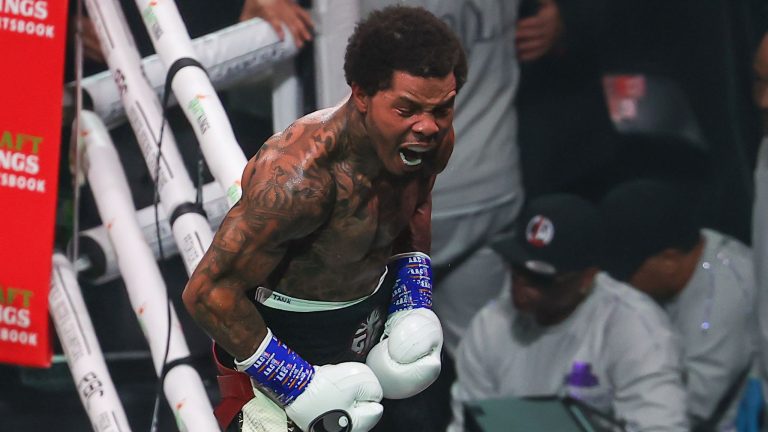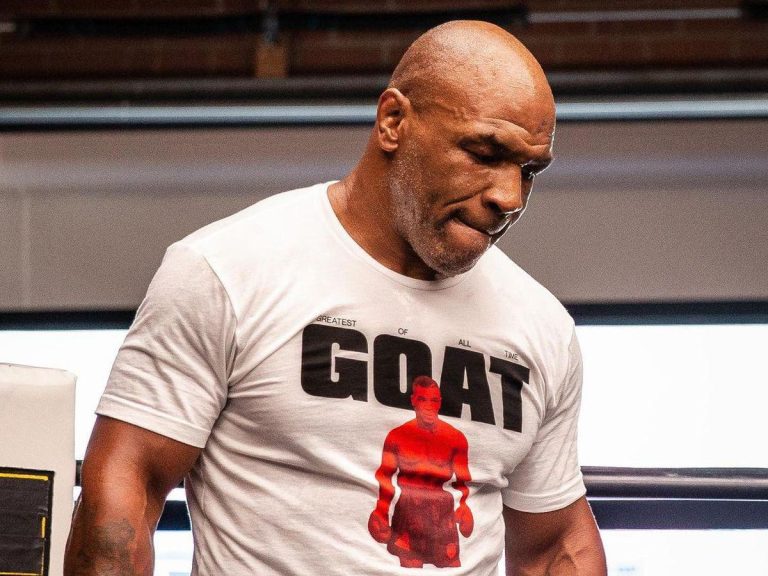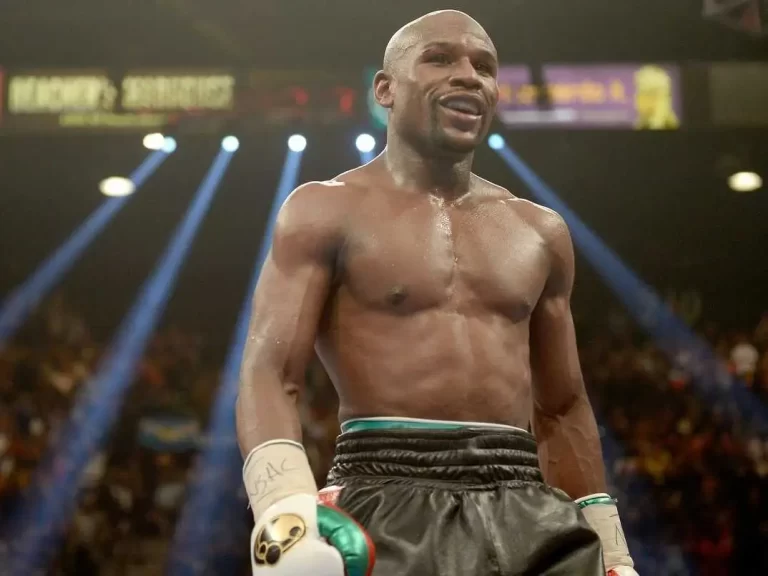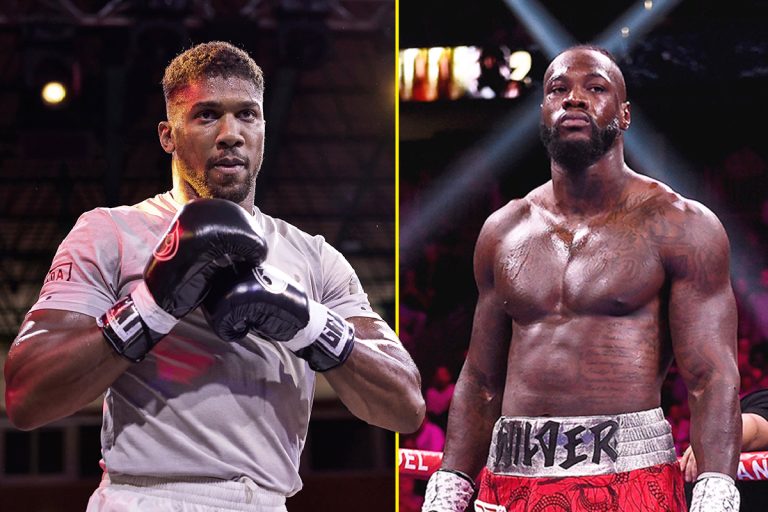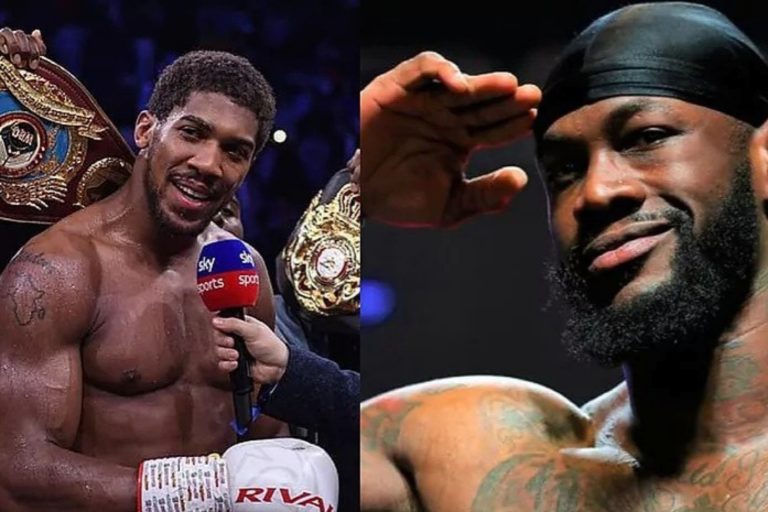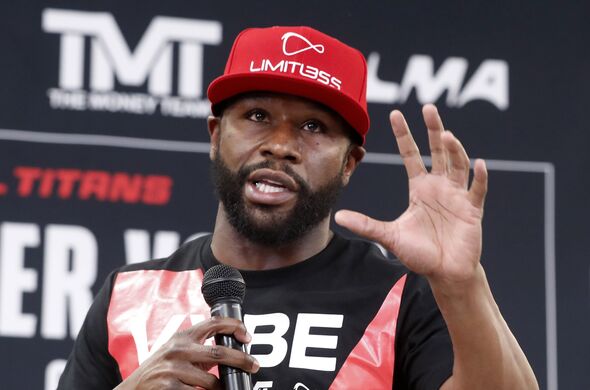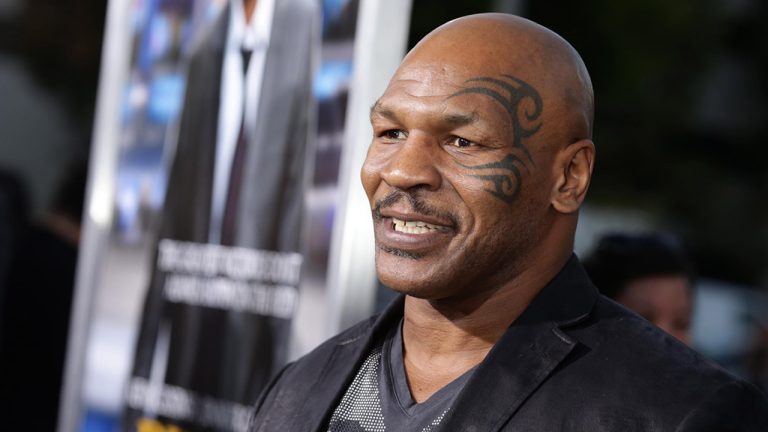The most explosive fight in all of boxing is looking realer than ever, after ‘AJ’ knocked out Robert Helenius
Anthony Joshua has a complicated legacy, but an incomplete one. The Olympic gold medalist was the darling of British boxing, before a few underwhelming performances and results confirmed sneaking suspicions that he was not the combatant many hoped he was, but now he is intent on proving that he is more of a boxer than a brand. Deontay Wilder’s legacy is altogether simpler. The American is probably the hardest hitter that boxing has ever seen, harnessing hellish power but not the technical abilities to win his biggest fights – a trilogy of bouts with Tyson Fury. Now, Joshua and Wilder face the riskiest proposition of their careers: a clash years in the making.
It is the boxing equivalent of a high-wire walk at 1,300 feet, with no harness to save you. One wrong move and either heavyweight’s legacy would be irrevocably changed.
The bout, planned for Saudi Arabia in January, is not only the most explosive prospective fight in all of boxing, but also one of the most alluring. There is an argument that fans crave this match-up more than Joshua vs Fury, which looks ever more likely to be an imbalanced affair, and Fury vs Oleksandr Usyk, which would be a display of sporting mastery but might lack the brutal edge that viewers seek.
In one corner: Joshua, a former two-time unified world champion with a record of 26-3 (23 knockouts); in the other: Wilder, a former WBC champion whose record stands at 43-2-1 (42 KOs). Joshua, 33, and Wilder, 37, are two of the most devastating punchers in their division, but while “AJ” is technically sounder, the “Bronze Bomber” has an unfaltering to his cause – a commitment that could prove decisive.
Joshua once had that same conviction, but it has wavered in the wake of his trio of losses. Since being stunned by that Andy Ruiz Jr TKO in 2019, Joshua has appeared gun shy, save for his knockout of Kubrat Pulev. This change was evident in his back-to-back points defeats by Usyk, in his decision win against Jermaine Franklin in April, and even in his victory over Robert Helenius on Saturday. Prior to knocking out the Finn in the seventh round, Joshua told his coach Derrick James, “It’s hard to find the right hand,” though the Briton was reaching for that shot rather hesitantly. Of course, Helenius was a short-notice replacement for a much more familiar foe, Dillian Whyte, so Joshua was right not to rush, but there is a feeling that he could have found the finish earlier.
Even so, it does not matter that it did not come as quickly as it did for Wilder against Helenius, when the American clubbed the 39-year-old out of consciousness in Round 1 in October. What matters more is that Joshua’s tentative forward and lateral movement would leave him dangerously exposed against Wilder, who has dropped every single man he has fought.
“You can’t stand there jabbing against Wilder, it doesn’t work against Wilder,” David Haye said on Saturday, although it should be said that Joshua used that shot well at the O2 Arena. Wilder’s coach Malik Scott, meanwhile, had this to say: “I know that [Joshua] only has three or four rounds in the ring with Deontay Wilder before he gets knocked out. AJ wants to overthink and sit back and play that game, and we’re not gonna allow that. Deontay’s coming to send him to the next dimension, and that’s his intention. When he’s not punching at you, he’s punching through you. The difference is the violent aspect; Deontay is way more violent with his hips and bad-intention punches than AJ will ever be.”
That may be a biased analysis, but that does not mean it is wrong. There is a serious risk that Joshua would not see the fourth round of a meeting with Wilder, unless he can take confidence from his own, beautiful finish of Helenius and rediscover the nasty edge that poked out on occasion during his come-up. When Joshua sensed the end against Whyte in 2015, he could not help but grin and wind up his compatriot by pretending to wind up his right hand.
Joshua would need not only to be vindictive against Wilder, but proactive. Wilder has the ability to end that fight early, but so does Joshua. Wilder’s chin has held up largely well in his 46 professional fights, and it took volume of output for Fury to stop him in 2020; however, Fury relied on his growing punching power to defeat Wilder in 2021, and the “Gypsy King” cannot pulverise opponents like Joshua can.
JUST IN:Anthony Joshua, Robert Helenius – Face To Face at Final Presser
If Joshua could bring himself to close the range against Wilder, avoiding the American’s looping shots and taking a direct approach – defending by attacking – he would have a good chance. Yet he must also beware the kind of sneaky, short attack with which Wilder transported Helenius to a different universe – a punch with no pull-back, which looked innocuous in the moment. James’s gameplan would be crucial for Joshua, whose mentality would also determine the pattern of the fight – and maybe its outcome.

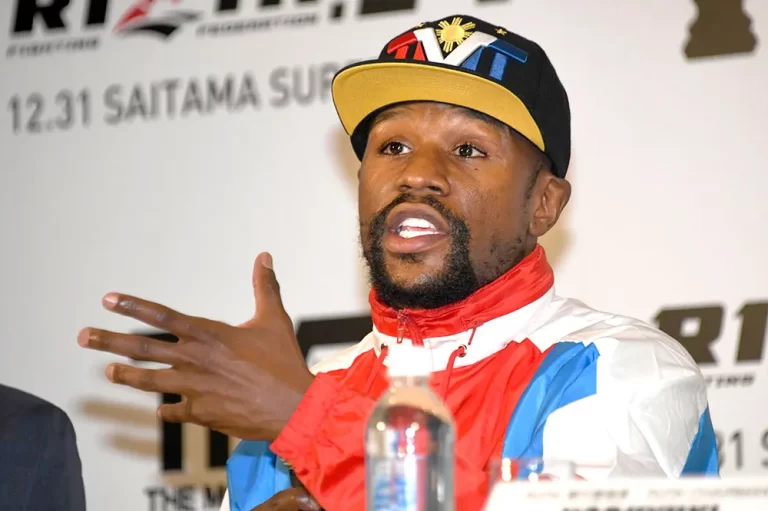
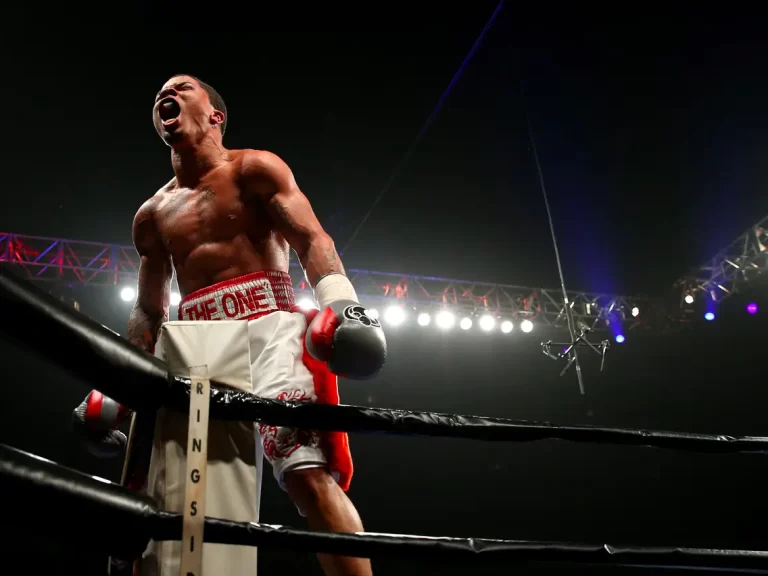
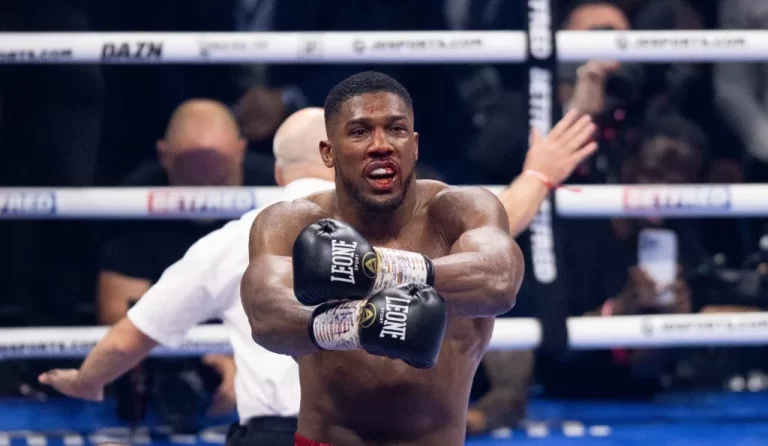
 . The trajectory can only be upward.”
. The trajectory can only be upward.”